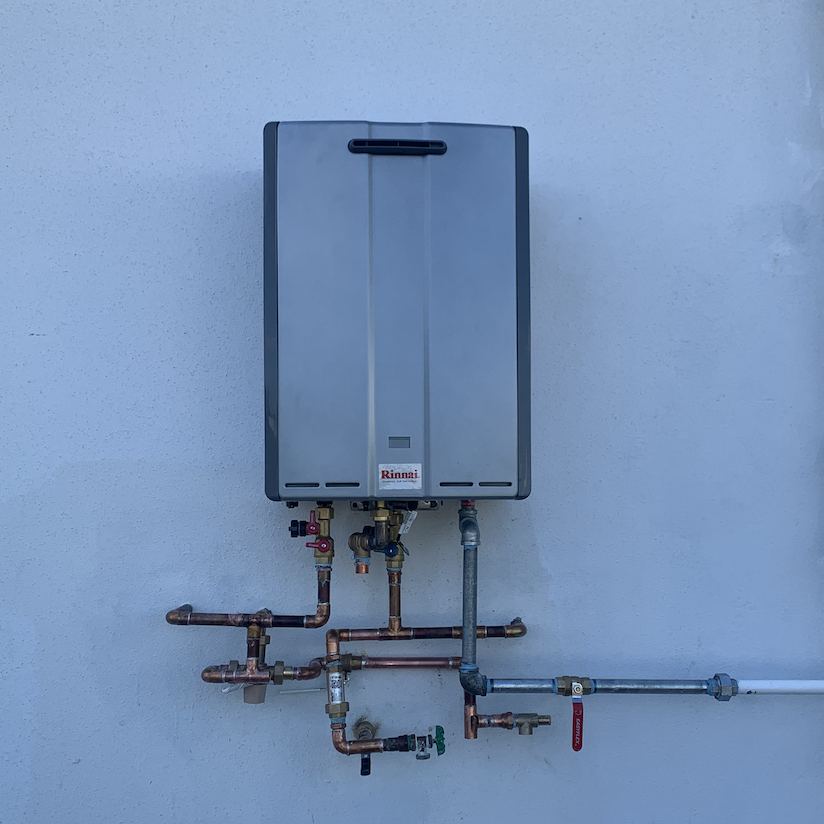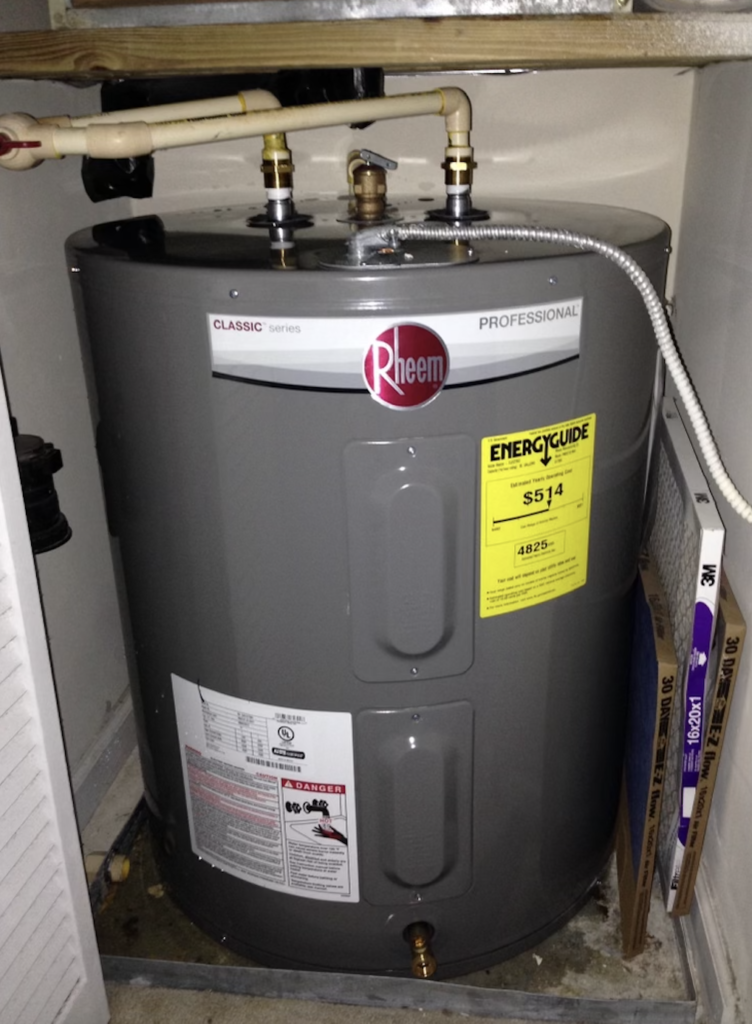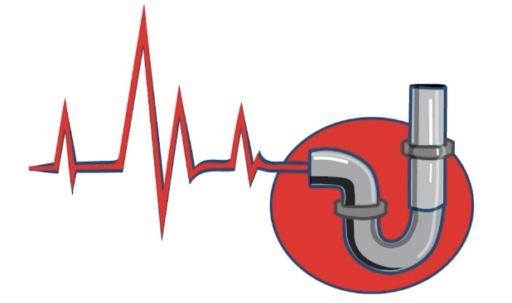
When choosing a water heater for your home, there are two primary options: traditional tank-style heaters and tankless models. Both types of water heaters have their advantages and disadvantages, and the decision between the two ultimately depends on your specific needs and preferences. In this article, we’ll take a closer look at the pros and cons of traditional vs. tankless water heaters to help you make an informed decision for your home.
What is a Traditional Water Heater?
A traditional water heater, also known as a storage water heater, is the most common type of water heater found in homes today. It consists of a large tank that holds and heats a predetermined amount of water, which is then distributed throughout your home as needed. Traditional water heaters can be powered by gas, electricity, or oil, and come in a range of sizes to fit the needs of different households.
Traditional water heaters have been around for decades and are known for their reliability and ease of use. They are also typically less expensive to purchase and install than tankless models, making them a popular choice among homeowners on a budget.
However, traditional water heaters do have some drawbacks. For one, they take up a lot of space, as the tank can be quite large. They also have a limited supply of hot water, meaning you may run out if you have a big family or use a lot of hot water. Additionally, traditional water heaters can be less energy-efficient than tankless models, resulting in higher energy bills.
What is a Tankless Water Heater?
A tankless water heater, also known as an on-demand water heater, is a newer technology that has been gaining popularity in recent years. Rather than storing hot water in a tank, tankless models heat water on demand as it flows through the unit. This means that they don’t run out of hot water and can provide an endless supply of hot water for your home.
Tankless water heaters are typically more energy-efficient than traditional models, as they only heat water as needed, rather than constantly keeping a tank of water hot. They are also more compact, take up less space in your home, and can last longer than traditional models with proper maintenance.
However, tankless water heaters do have some drawbacks. They can be more expensive to purchase and install than traditional models and may require additional modifications to your home’s plumbing to work properly. Additionally, because they heat water on demand, they may not be able to provide hot water at the same flow rate as traditional models, which can be a problem for larger households.
Advantages of Traditional Water Heaters
Traditional water heaters have several advantages that make them a popular choice among homeowners. For one, they are typically less expensive to purchase and install than tankless models, making them a good option for those on a budget. Additionally, traditional water heaters are straightforward to use and require little maintenance beyond occasional flushing to remove sediment buildup.
Another advantage of traditional water heaters is that they can provide a large supply of hot water at once. This is especially helpful for households with multiple people who need to use hot water simultaneously, such as when taking showers or running the dishwasher.
Traditional water heaters are also widely available and can be purchased and installed quickly, meaning you won’t have to wait long to start enjoying hot water in your home.
Disadvantages of Traditional Water Heaters
While traditional water heaters have their advantages, they also have some significant drawbacks. For one, they are not as energy efficient as tankless models and can result in higher energy bills over time. This is because they constantly keep a large amount of water hot, even when it’s not being used.
Another disadvantage of traditional water heaters is their size. The tanks can be quite large, taking up a significant amount of space in your home. This can be a problem if you have limited space or want to use that area for something else.
Finally, traditional water heaters have a limited supply of hot water. This means that if you use more hot water than the tank can hold, you will have to wait for the tank to refill and reheat the water before you can use hot water again.
Advantages of Tankless Water Heaters
Tankless water heaters have several advantages that make them an attractive option for many homeowners. For one, they are highly energy-efficient, as they only heat water as needed. This can result in significant cost savings over time, as you won’t be paying to keep a large tank of water hot when you’re not using it.
Another advantage of tankless water heaters is that they provide an endless supply of hot water. This means that you’ll never run out of hot water, even if you have a big family or use a lot of hot water for things like showers or laundry.
Tankless water heaters are also more compact than traditional models, taking up less space in your home. This can be a big advantage if you have limited space or want to use that area for something else.
Disadvantages of Tankless Water Heaters
While tankless water heaters have their advantages, they also have some significant drawbacks. For one, they can be more expensive to purchase and install than traditional models, making them a less attractive option for those on a budget. Additionally, because they heat water on demand, they may not be able to provide hot water at the same flow rate as traditional models, which can be a problem for larger households.
Another potential disadvantage of tankless water heaters is that they may require additional modifications to your home’s plumbing to work properly. This can add to the overall cost of installation and may require the services of a professional plumber.
Finally, tankless water heaters require regular maintenance to function properly. This includes flushing the unit regularly to remove mineral buildup and checking the unit’s filters and other components for wear and tear.

Cost Comparison between Traditional and Tankless Water Heaters
When it comes to cost, traditional water heaters are typically less expensive to purchase and install than tankless models. However, they can be more expensive to operate over time due to their lower energy efficiency. On the other hand, tankless water heaters may be more expensive upfront but can result in significant cost savings over time due to their higher energy efficiency.
The exact cost of a water heater will depend on various factors, including the size of the unit, the type of fuel used, and the installation cost. It’s important to consider both the upfront cost and the long-term cost when deciding between traditional and tankless water heaters.
Installation and Maintenance of Traditional and Tankless Water Heaters
The installation process for both traditional and tankless water heaters can be complex and may require the services of a professional plumber or HVAC technician. Traditional water heaters typically require a large amount of space and access to a fuel source and a vent to release exhaust gases. Additionally, the tank will need to be installed on a stable surface and connected to your home’s plumbing.
Tankless water heaters require less space and can be installed on a wall or in a small closet. However, they may require additional modifications to your home’s plumbing to work properly and may need to be installed by a professional plumber.
Both types of water heaters require regular maintenance to function properly. Traditional water heaters should be flushed regularly to remove the sediment buildup, and the tank should be checked for leaks or other issues. Tankless water heaters should be checked for mineral buildup and other issues, and the unit’s filters and other components should be inspected and replaced as needed.
Conclusion
When it comes to choosing a water heater for your home, there are several factors to consider. Traditional water heaters are tried-and-true, with a long history of reliable performance and lower upfront costs. However, they also come with some drawbacks, including larger sizes, limited hot water supply, and higher energy bills. Tankless water heaters are more energy-efficient, compact, and provide an endless supply of hot water. But they can also be more expensive to purchase and install and may require additional maintenance.
Ultimately, the decision between traditional and tankless water heaters will depend on your specific needs and preferences. Consider factors like your budget, space limitations, and hot water usage when making your decision. With the right water heater in place, you can enjoy a steady supply of hot water and lower energy bills for years to come.
Call First Response Plumbing for all your water heater needs!
561-477-6161
